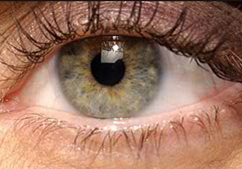
Minneapolis St. Paul Mental Health Blog
Posts by:
MaryAPRN.com/ Advanced Practice Psych LLC


Mental Health issues from a Mild Traumatic Brain Injury? Be aware
We all know about it as having a concussion, a head impact from playing football or any other contact sport that puts shock / pressure on the brain.
The long term effects of it are yet to be fully understood, yet the research lends itself to reasons to be concerned. Here is some very useful information from a recent Psychiatricadvisor.com article:
[During the last decade, medical science has elucidated a myriad of expressions of mild traumatic brain injury (mTBI), and shown that in some cases, there is the presence of cellular and ultrastructural alterations. mTBI, also known as a concussion, is expressed in how neurons and their supporting cells utilize their energy substrate, glucose, and this impairment is termed “metabolic vulnerability,” implying that sustaining a second impact, while still symptomatic, is detrimental to successful recovery or could lead to long-term effects.
Most instances of concussions are self-limited, and resolve within the first week. However, there is the chance that in about 10% of cases, a more prolonged clinical course will transpire, constituting post-concussion syndrome (up to 8 weeks post-injury), or the prolonged post-concussion syndrome (9 weeks and longer). Concussion symptoms usually consist of the following: Headache, memory loss, dizziness, balance abnormalities, sleep disturbance, visual abnormalities, poor school performance, and others.
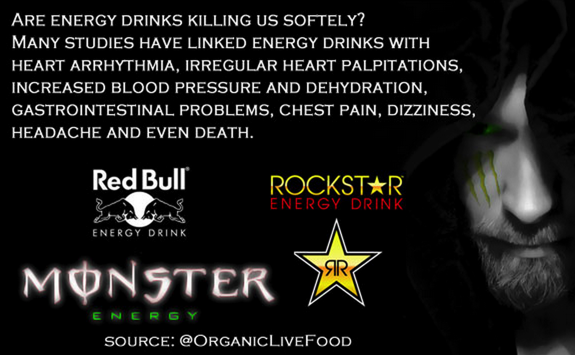
Mental Health & Energy Drinks | Know the effects, be safe
Drinking energy drinks is very much a version of self medicating, be smart about it.
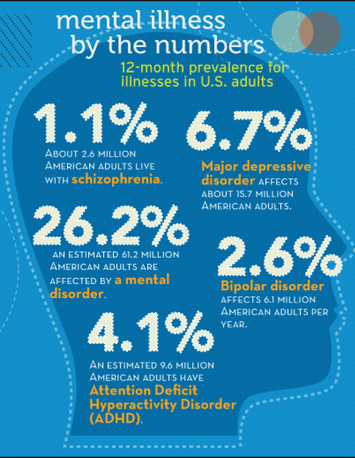
Mental Health Awareness | distortions, hallucinations, a larger issue
Mental Health Awareness | Visual distortions and hallucinations were symptoms particularly strongly linked to self-destructive behavior.
It is important to get help before things get out of hand. Here is some great information on why recognizing these types of patterns can help according to a recent study conducted at the Helsinki University Hospital, Finland.

Logic vs. Emotional decision making - Mental Health improvements that work
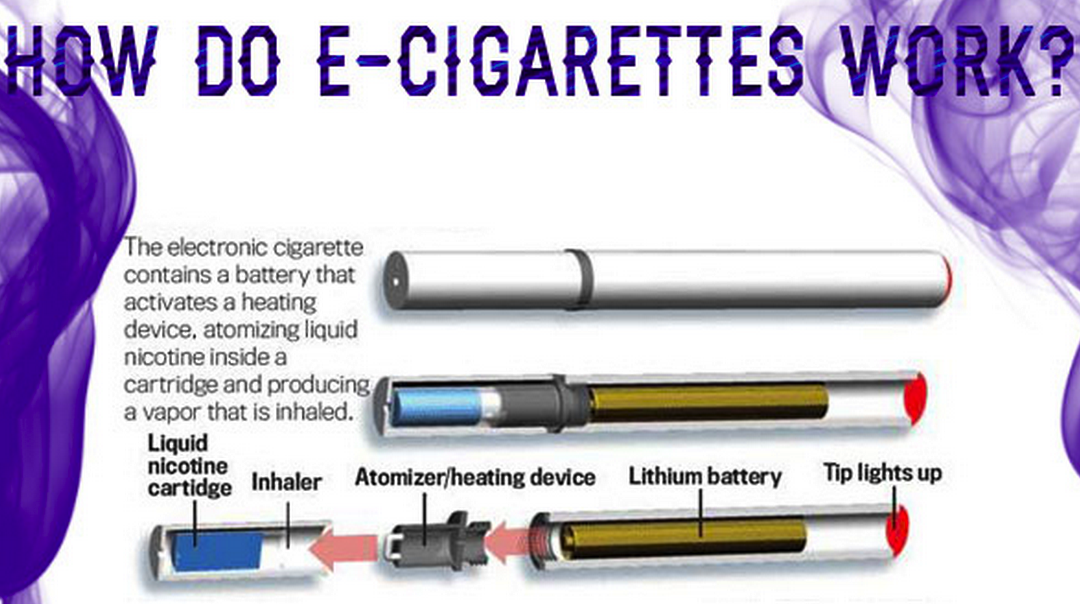
E-cigs increased Cancer risk 15 fold when turned up
E-cigarettes, facts and how the marketing behind them is just like the 60’s, inaccurate.
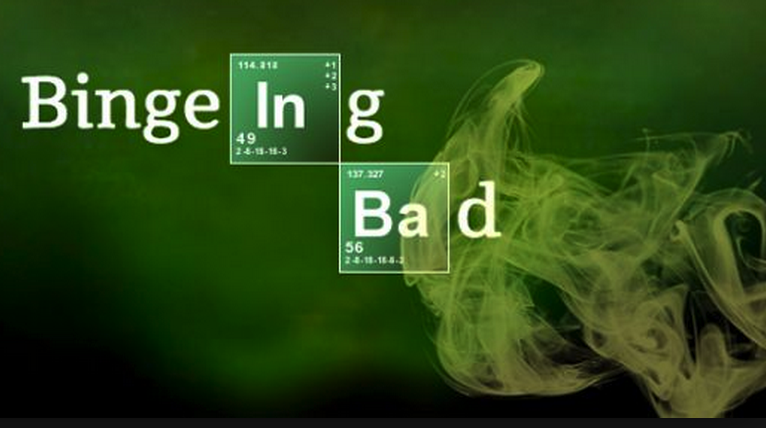
Depression Loneliness - Binge Watching may be a link
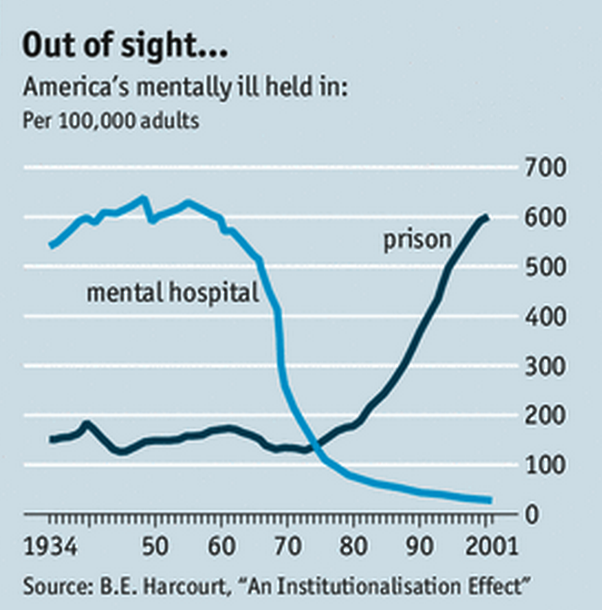
Mental Health Institutions or Psychiatric Hospitals, the discussion must go on
Mental Health Today, getting beyond our old stigmas and ignorance

Post Partum Depression | Progress that helps improve diagnosis and outcomes.
Post Partum Depression, getting the help you need.
The birth of a baby can trigger a jumble of powerful emotions, from excitement and joy, to fear and anxiety. But it can also result in something you might not expect — depression. (Mayo Clinic)

Depression, is there a Genetic Connection? Mental Health Minneapolis
Is there a Genetic link to Depression?
Genetics matter in treating depression, it is our goal as a society to give patients what they need to improve their current condition and lead productive lives.
